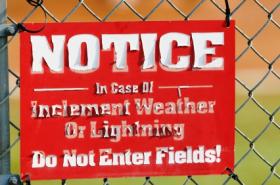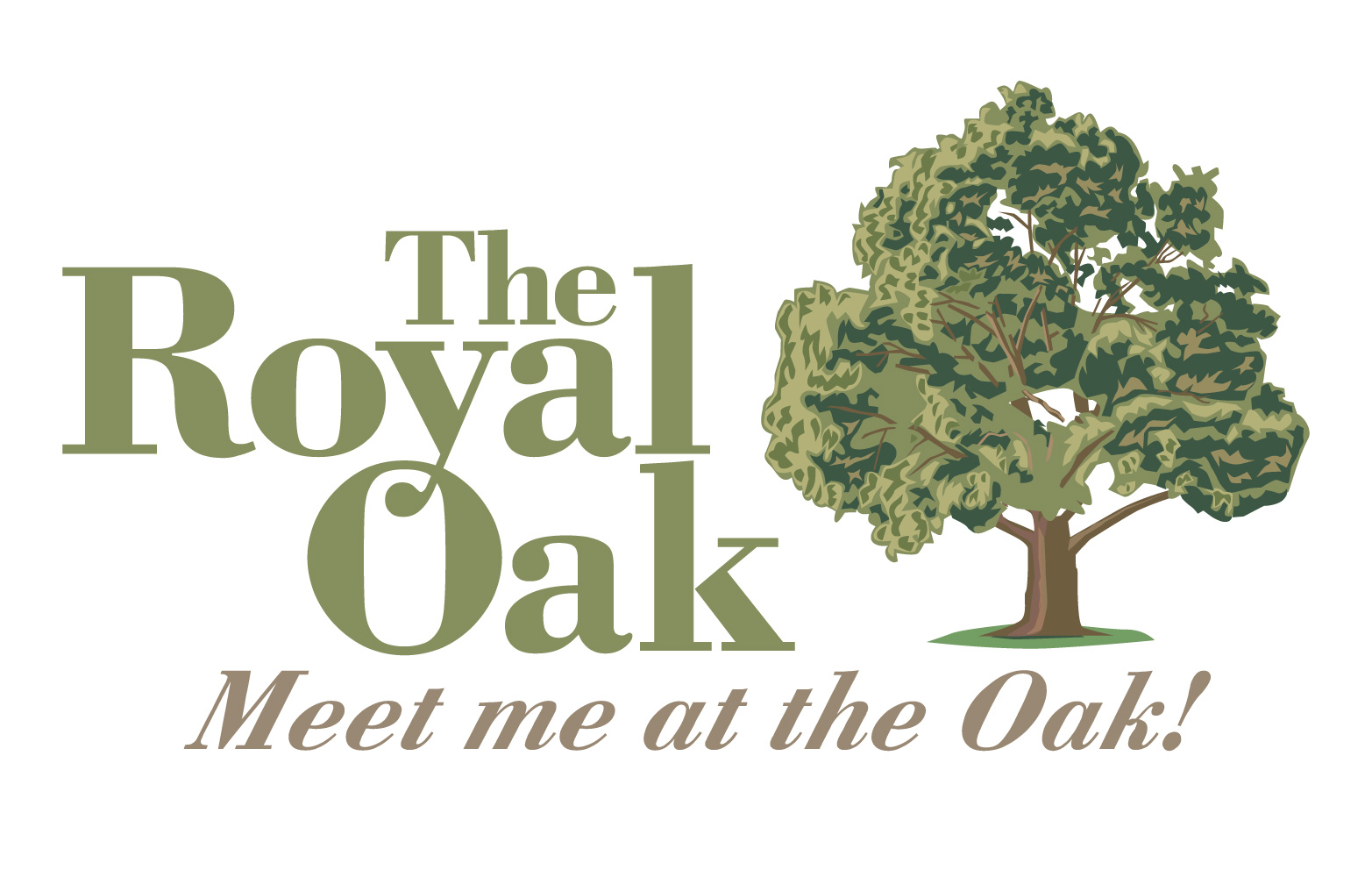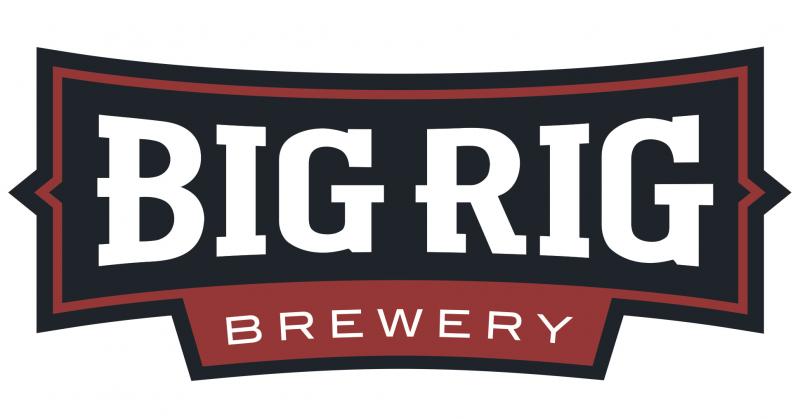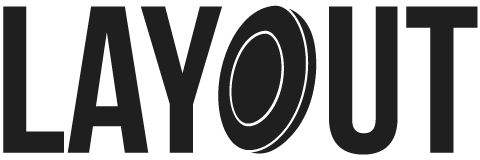Game Call - How's it made?

The OCUA Game Call & Player Safety
The daily game call is set at 3:00pm each day of leagues. The game call can be seen on the front page of OCUA's website.
* If captains wish to play their cancelled game, OCUA will help reschedule their game on a different weeknight or during the weekend. Both teams must agree on the time and date for the makeup game. *
One of the major challenges of running an outdoor sports league is deciding when environmental factors pose a risk to the safety of players and a risk of damaging the fields – both of which can have substantial impact on the organization. OCUA has shown true stewardship in protecting both City-owned fields and our own fields at UPI from damages due to overuse and improper usage.
In terms of player safety, OCUA adheres to a standard lightning policy referred to as the 30/30 rule (see HERE). This policy provides the knowledge to members on what to do when a player sees lightning during a game. While abundantly clear to most, all players need to know that under no circumstance should you ever play outdoor sports while lightning is within close proximity (i.e., you hear thunder in 30 seconds or less after lightning). The safety of players is paramount to the league and we hope that we never have an incident like the one that happened in Nashville 1994 (see HERE and HERE).
The entire membership should recognize the hard work and dedication of its volunteer coordinators that are tasked with scheduling games on a rotation of fields and constantly communicating with captains. Some members may not realize that the league is periodically taking fields offline, usually due to over-saturation or dangerous field conditions. The OCUA staff are in regular communication with the league coordinators to discuss field issues. This is why it’s imperative that captains submit a field report along with their score if they have anything to report back about the field – even if just a positive thumbs up!
Every year, the question of the daily game call comes up. Especially at the start of the season when Ottawa is receiving a lot of rain. So what ultimately decides whether OCUA cancels the games? Rain? Thunderstorms? Tornado Watch? Humidex? Heat? Wind?
It might surprise you to know that the most common reason is current field conditions. We most often cancel games if we believe that at the time of the game call, fields will be damaged beyond regular wear and tear due to league play. If we do damage the fields beyond repair, we can be held financially responsible and could potentially lose the contract to use that field in the future. We also cancel games based on player safety (normally weather-related), heat, tornado-watch, thunderstorms, etc.
The game call will be evident for about 95% of the summer. The tough calls are when it is nice outside but fields are soaked or when it is raining and games are still on; unless there are other weather factors. This can be confusing for someone that does not understand the background of the game cancellation. Here are a few examples that will help clarify:
- It is mid-May and the city has been hit with approximately 20mm of rain each day for 3 days straight. There has been no rain in the past 24 hours and it is sunny! Should games be on?
- It is still mid-May and the fields are damp, but playable. It has not rained today, but the forecast for tonight is 90% chance of rain with severe thunderstorms. Should games be on?
- It is the end of July and it is a scorcher outside –45 degrees with the humidity! There has been a fair amount of rain this week and it starts raining extremely hard at 2pm and the forecast says it should continue on throughout the evening. Should games be on?
In scenario 1, the key factors are the time of year and the preceding amount of rainfall. The grass is still growing in the spring and therefore more susceptible to being damaged. Additionally, if the fields are damaged during the spring, they will remain damaged throughout the summer. At this point, after 60mm of rainfall over the past 3 days, the fields are oversaturated and therefore games will be cancelled. It does not matter that it has not rained in the past 24 hours since the fields are already saturated.
In scenario 2, we are still in the spring and should still be concerned with saturated fields. Given that the fields are playable, games will be called ON despite there being a 90% chance of rain and severe thunderstorms. The reason for this is that the league will err on the side of playing because it is entirely possible that the city or parts of it will not hit with a thunderstorm. OCUA is not in the business of predicting weather. As well, this is where captains may have the responsibility of making on-field game calls unless games are cancelled by OCUA. Captains from both teams may also communicate with each other before arriving at the field and agree to cancel the game.
In scenario 3, we’ve reached summer and should be concerned that the humidity is so high. In the past, OCUA has issued humidity warnings and altered the rules to help teams cope with the heat, such as extended halftimes and additional timeouts. Games may not be cancelled due to humidity. At this point, the game call would be delayed until 4 or 5pm at the latest to ensure the most accurate call is made. On-site field visits and up-to-date weather radar reports may be needed to ensure the best call is made.
If you have any other questions about the OCUA game call, please get in touch with us at info@ocua.ca.











